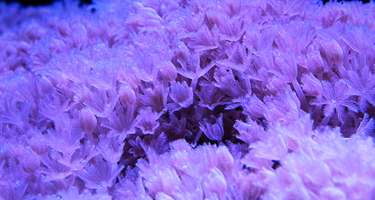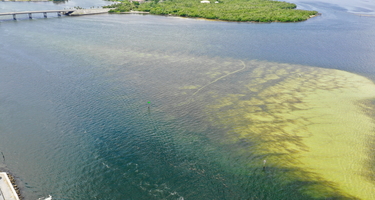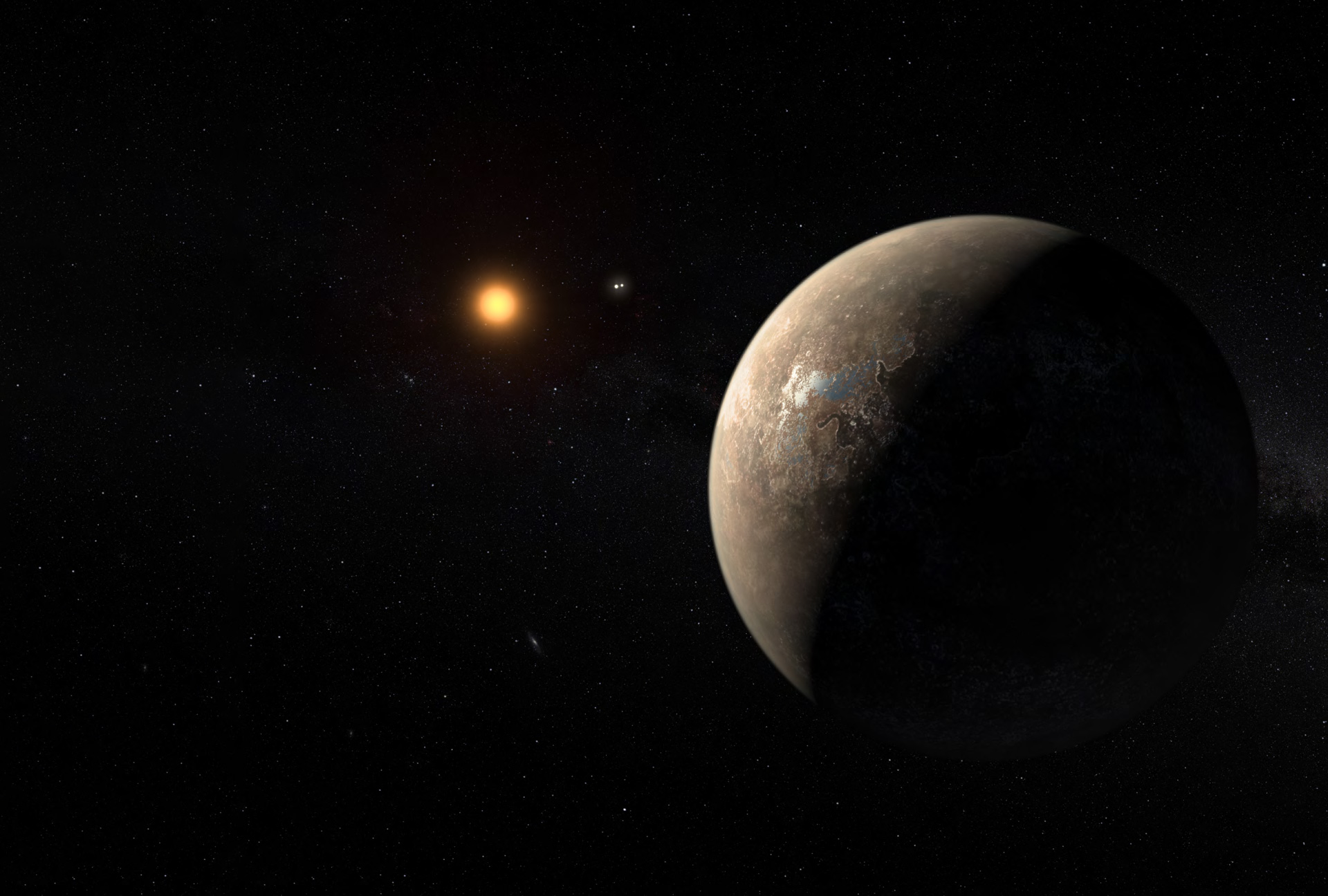
We explore science across scales.
We cultivate an environment of intellectual freedom and flexibility, and champion open inquiry. Carnegie Science researchers are encouraged to work within and across disciplines to push beyond the limits of what we know and expand the foundations of knowledge. At every scale—from exploring the synthesis of molecules that make life possible to probing the farthest expanses of the universe—we seek to inspire awe and amazement.

Cosmos
Our astronomers have driven some of modern science’s biggest breakthroughs—from the revelation that the universe is expanding to the confirmation of the existence of dark matter.

Quasars
Quasars are incredibly luminous supermassive black holes accreting matter at the centers of massive galaxies.
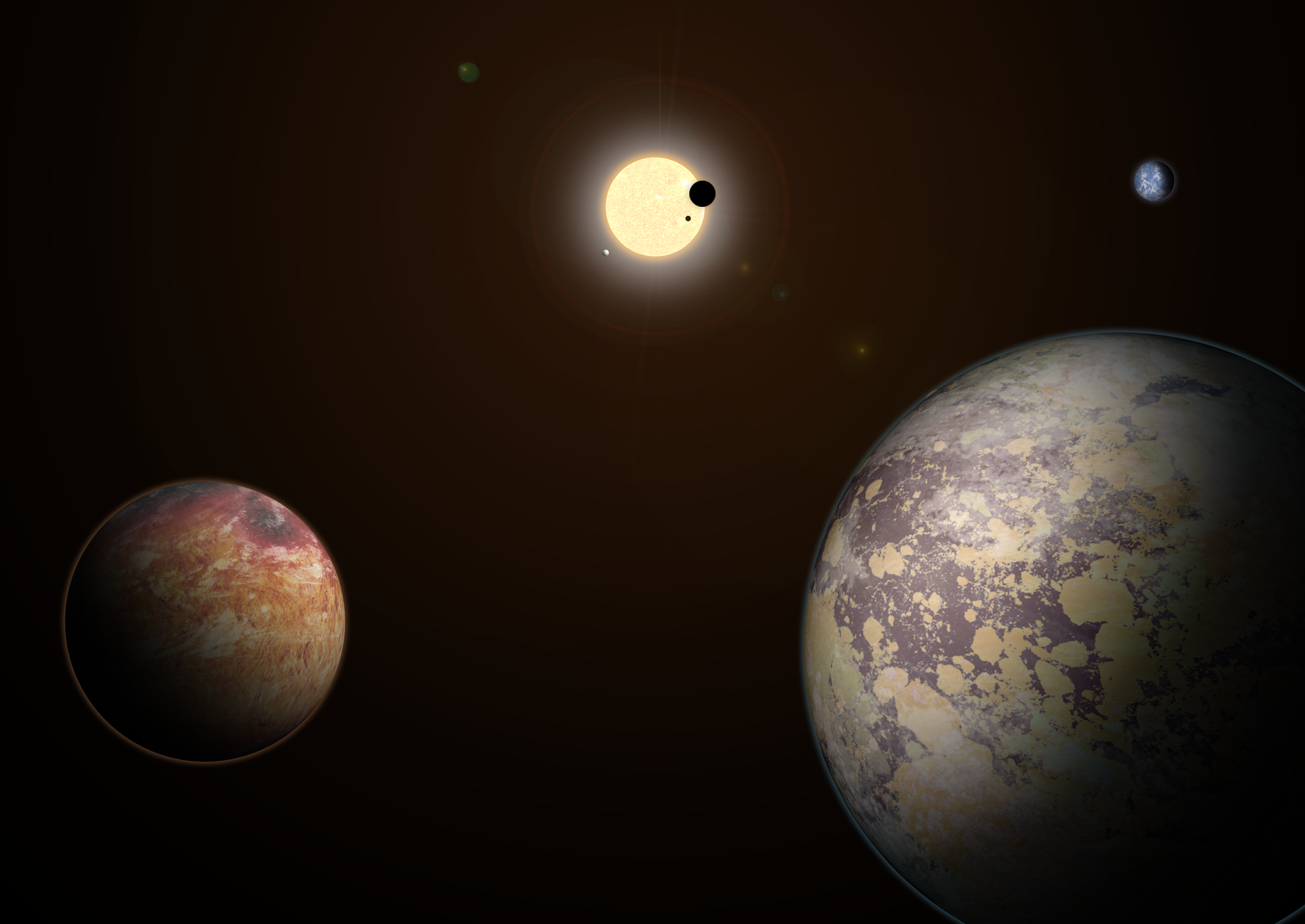
Planets
Our Earth and planetary science researchers discover new worlds; probe our planet’s dynamic interior and surface cycles; and seek to understand what Earth’s formation and evolution can teach us about the conditions that allowed life to arise and thrive here.
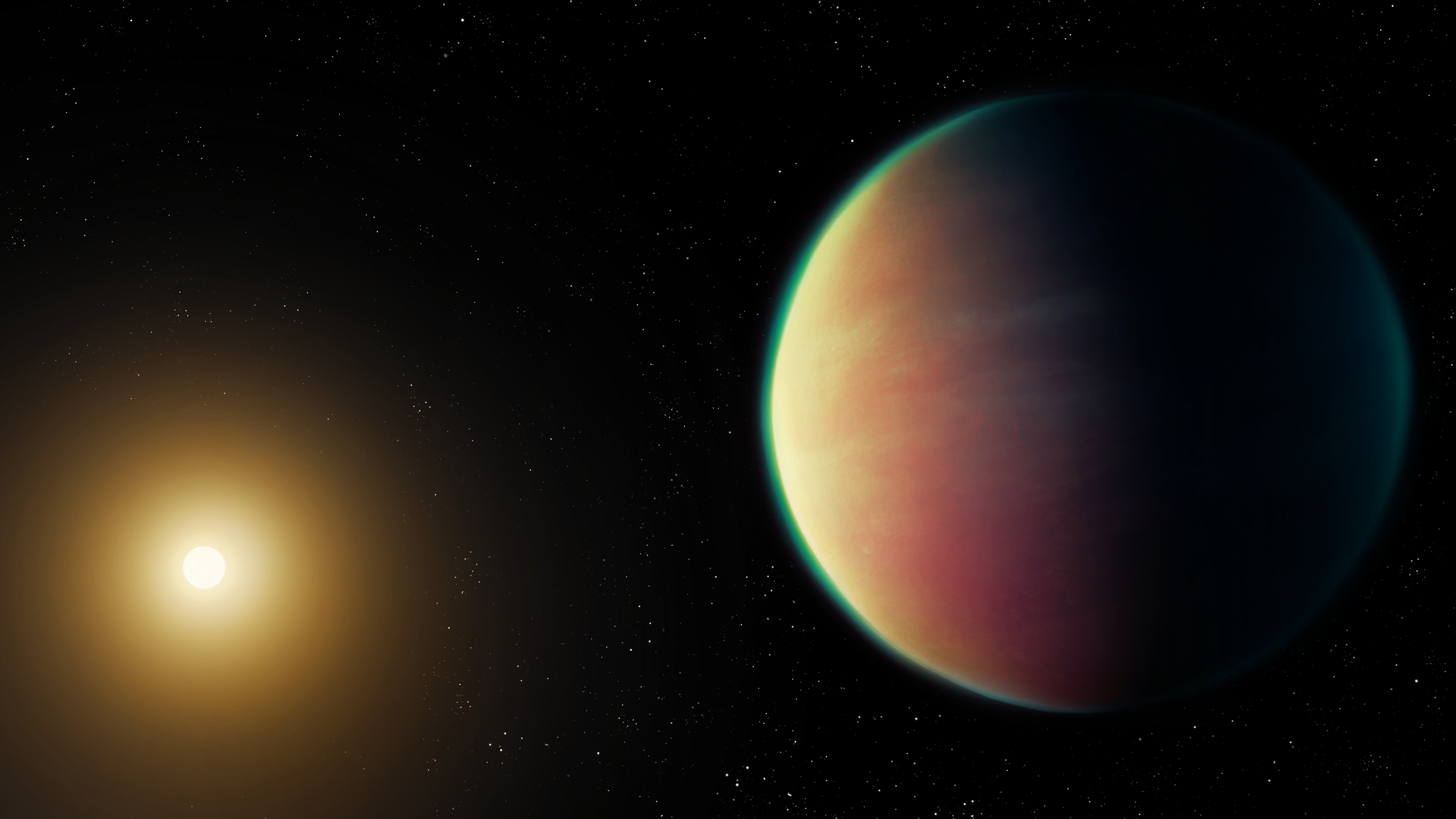
Exoplanets
Our planetary scientists are at the vanguard of the effort to characterize exoplanet atmospheres and understand what their compositions can teach us about the processes by which they formed and evolved.

Earth
Our Earth science researchers deploy a variety of techniques, including fieldwork, monitoring, lab-based mimicry, and advanced computation to elucidate details about our home planet's formation and evolution.

Ecosystems
Our life and environmental science researchers reveal dynamic systems at scales from the community to the global, pursuing a comprehensive view of how human activity is affecting these processes and whether we can build community resilience to ensure a sustainable future.

Coral Reefs
Carnegie Science researchers are investigating the ecological factors that contribute to deteriorating reef environments such, as well as the cellular and molecular basis for coral health.

Genomes
Our biologists have made foundational contributions to our knowledge of genetics and cellular mechanics, which they are now leveraging to gain a comprehensive understanding of the molecular basis of community dynamics.
Where We Explore

Photosynthesis
Photosynthesis is the foundation upon which life as we know it is able to exist. Yet despite its fundamental importance, many of the genes associated with photosynthesis remain uncharacterized.



